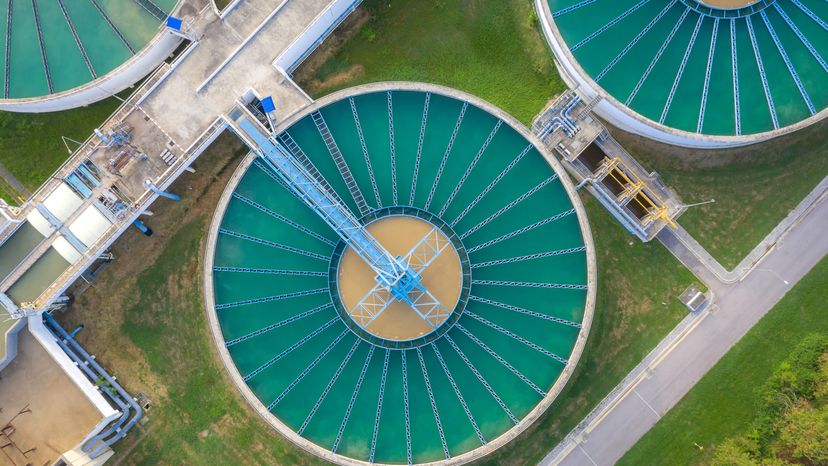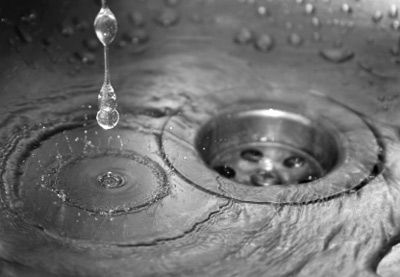
Did you know thatlandscaping irrigationaccounts for about one third of all residential water use in the United States? That means that we dump 7 billion gallons (26.5 billion liters) of clean, drinkable water on our lawns every day [source:EPA]! How can we reduce this amount? By recycling water. Just likerecycling aluminum, glass, plastic and paperdecreases the amount of trash in ourlandfills, recycling water reduces the amount of water that drains into our sewer systems. Perhaps the cheapest and easiest way to do this is by collecting used or untreated wastewater from your home and irrigating your outdoor garden with it.
You'd be surprised how much water you can safely divert from the sewer to your garden. One great source is the drainage from your roof. Many houses are already outfitted with gutters that can easily be retrofitted tofunnel rainwater into barrels. Here it can be stored until you need to water your plants during drier weather. You can also recyclegray water, which is the drainage from your sinks, showers, laundry, dishwasher and other non-toilet sources. Capturing this water may take a little more effort, but the benefit to the environment and your wallet can makegray water recyclingwell worth it.
Advertisement
So exactly why should you go to the trouble of recycling your water? For one, it contributes to a healthy environment. Less water is diverted from sensitive ecosystems and into our municipal water supplies and, as a result, less nutrient-rich wastewater is discharged back into these ecosystems. While this may sound like a good thing, the high levels of nutrients found in wastewater can actually be harmful, encouraging algae growth and choking out other aquatic life. Recycling water also saves energy by reducing the need to pump it from rivers, reservoirs or out of the ground, and in some cases, transport it hundreds of miles to meet the demands of arid cities. And if those reasons don't appeal to you, there are some pretty important benefits to you as a water user. Recycled water can help lower your utility bills and is not usually subject to use restrictions during times of drought.




